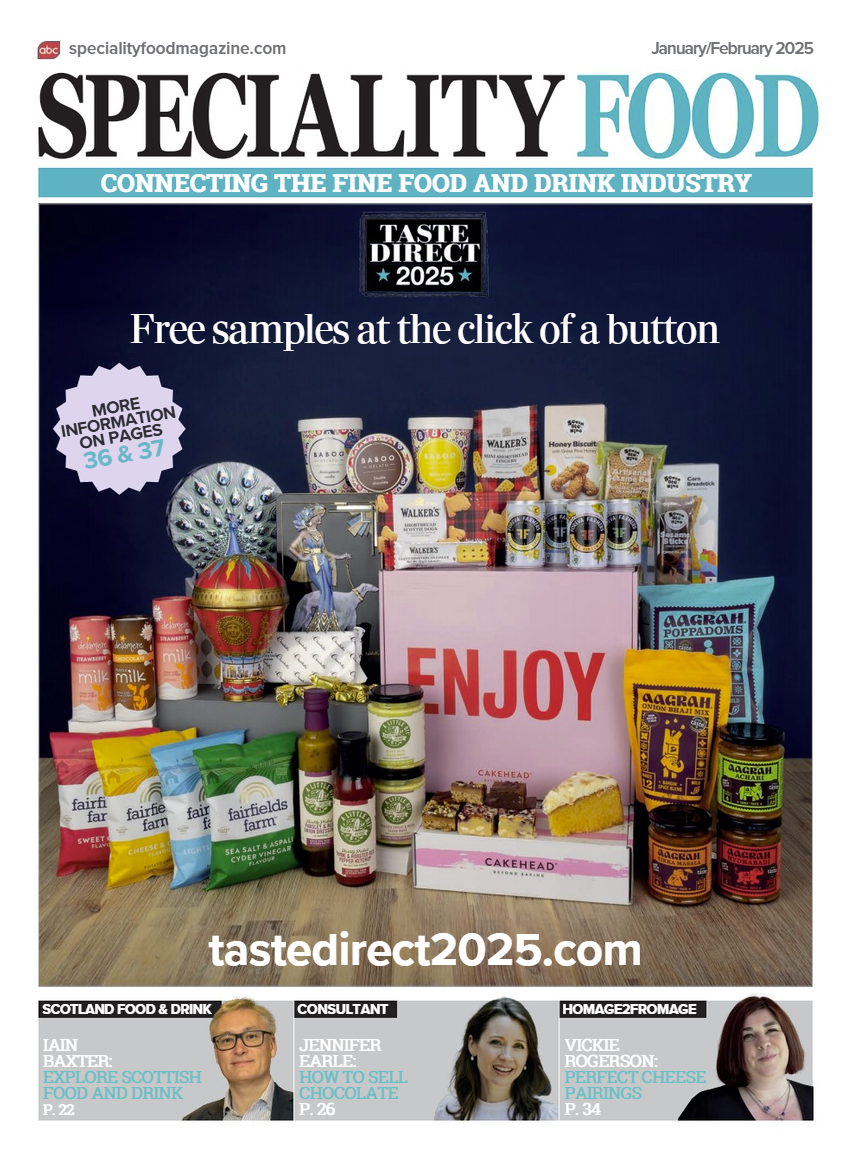“Reasons to be cheerful”

- Is our café a hero or a villain?
- “The battle for optimism and morale in retail”
- “Sustainable confusion”
- “What to do about January?”
- “Is the Christmas boom sustainable?”
As I write this halfway through November 2016, the very thought of the past year causes a sharp intake of breath. The Brexit uncertainty, the American election, declining sales and a fainting pound scarcely bring a smile to the face unless you happen to be looking out of the windows of the Kremlin, I have heard. Then what about 2017? Article 50? President Trump? Our staff?
I mention our staff because when the Home Secretary, Amber Rudd, put forward the notion that businesses would have to register staff members who have come from overseas, her statement caused severe palpitations let alone a sharp intake of breath. I believe that this idea has thankfully now been withdrawn.
However, it encouraged us at Partridges to analyse the nature of our own workforce and their origins. The result of this analysis is that 70% of people currently working for us were born overseas and 30% were born in the UK.
To be honest, our existing staff have not really raised concerns as to what will happen to their future in this country following Brexit, apart from in the immediate aftermath of the result. In fact, the matter has not even been mentioned recently as everyone seems to be getting on with life despite the uncertainty.
From our management perspective, it is difficult to know how shops like Partridges could survive without the huge contribution of those from overseas or their predecessors going back 44 years. For about half that time we have had a French wine manager, a French delivery driver, several Italian chefs, managers and shop assistants, a Spanish security officer and a deputy manager, a Cypriot cheese specialist and a customer service supervisor from the Caribbean, and numerous waiters and waitresses, shop assistants and cashiers from elsewhere.
Most of the ingredients we regard as British were also born overseas. For example: apples, pears, turnips, cucumbers and leeks were brought in by the Romans. Kippers arrived from Denmark in the 9th century. Potatoes, horseradish, broccoli and rhubarb are all immigrants, too. Some of our favourite brands are not as British as we might think, either: Marmite was invented by a German scientist, Schweppes by a German watchmaker and Angostura Bitters by a German doctor who later became a Swiss national. Justerini and Brooks (J & B) was launched by an Italian, and gin and tonic flourished thanks to Indian Tonic Water and India.
It is hard to see how this will change for us all in a post-pesto world. The present food culture of Britain, the numbers of people employed in the food industry and the exuberance of the start up community will lead to further growth of speciality food shops, I believe. We may not know what will happen in the immediate future, but we probably know what will not happen. The 38% of the electorate that voted to leave Europe would not vote to leave their favourite foods and wines or the people who are providing them.
more from Expert Eye
-
“2019 and all that”
16 October 2019 Expert Eye"Over the past 47 years, and since Partridges first started trading, the year 2018 has proven to be one of the worst!" -
“The multi-sensory deli”
06 September 2019 Expert EyeEver since I started working in food shops – some 16,790 moons ago – it has always been impressed upon me that the three most important aspects of a successful enterprise are location, location, location. -
“The Costa Del Shop 2019”
20 August 2019 Expert EyeEver since I started working in food shops – some 16,790 moons ago – it has always been impressed upon me that the three most important aspects of a successful enterprise are location, location, location.

